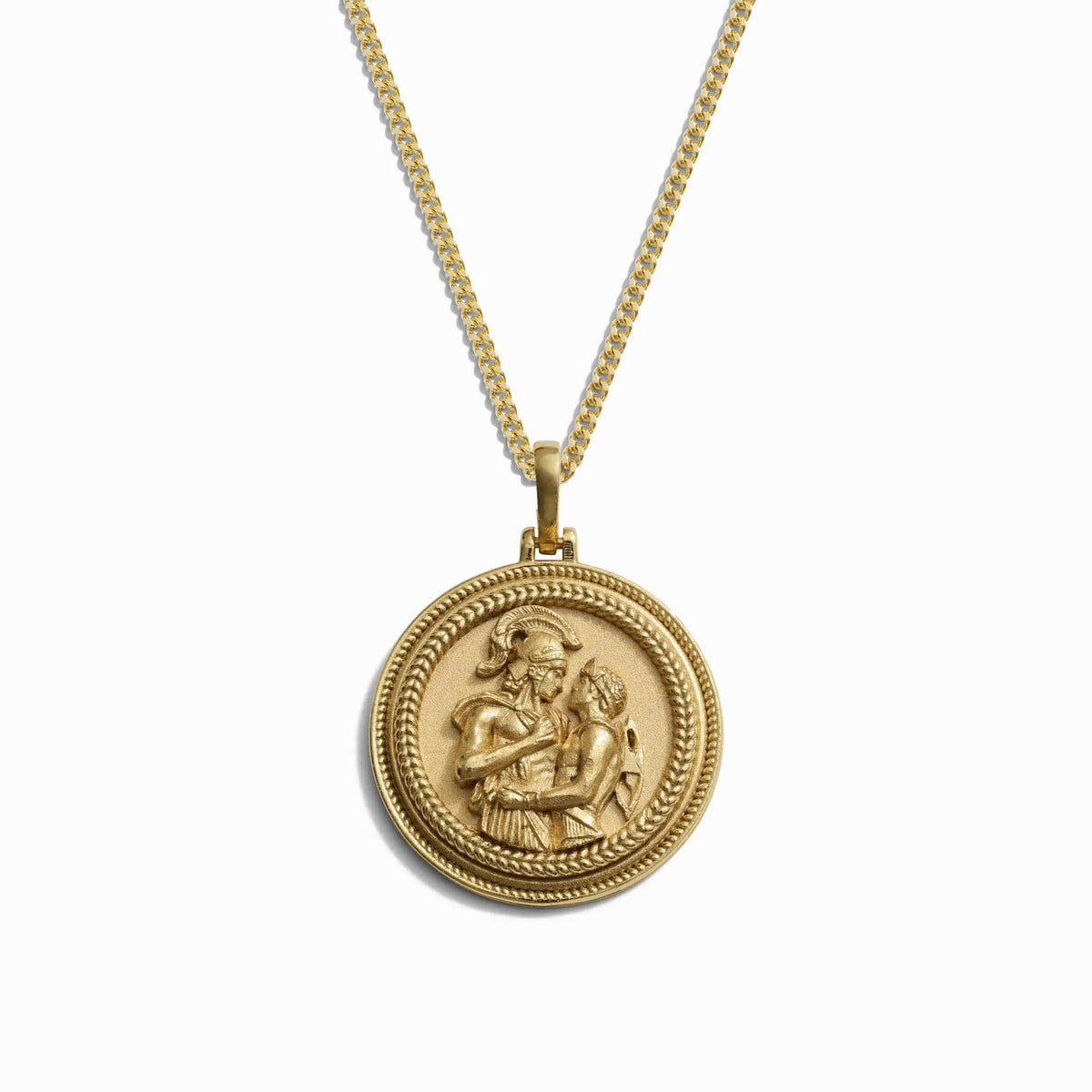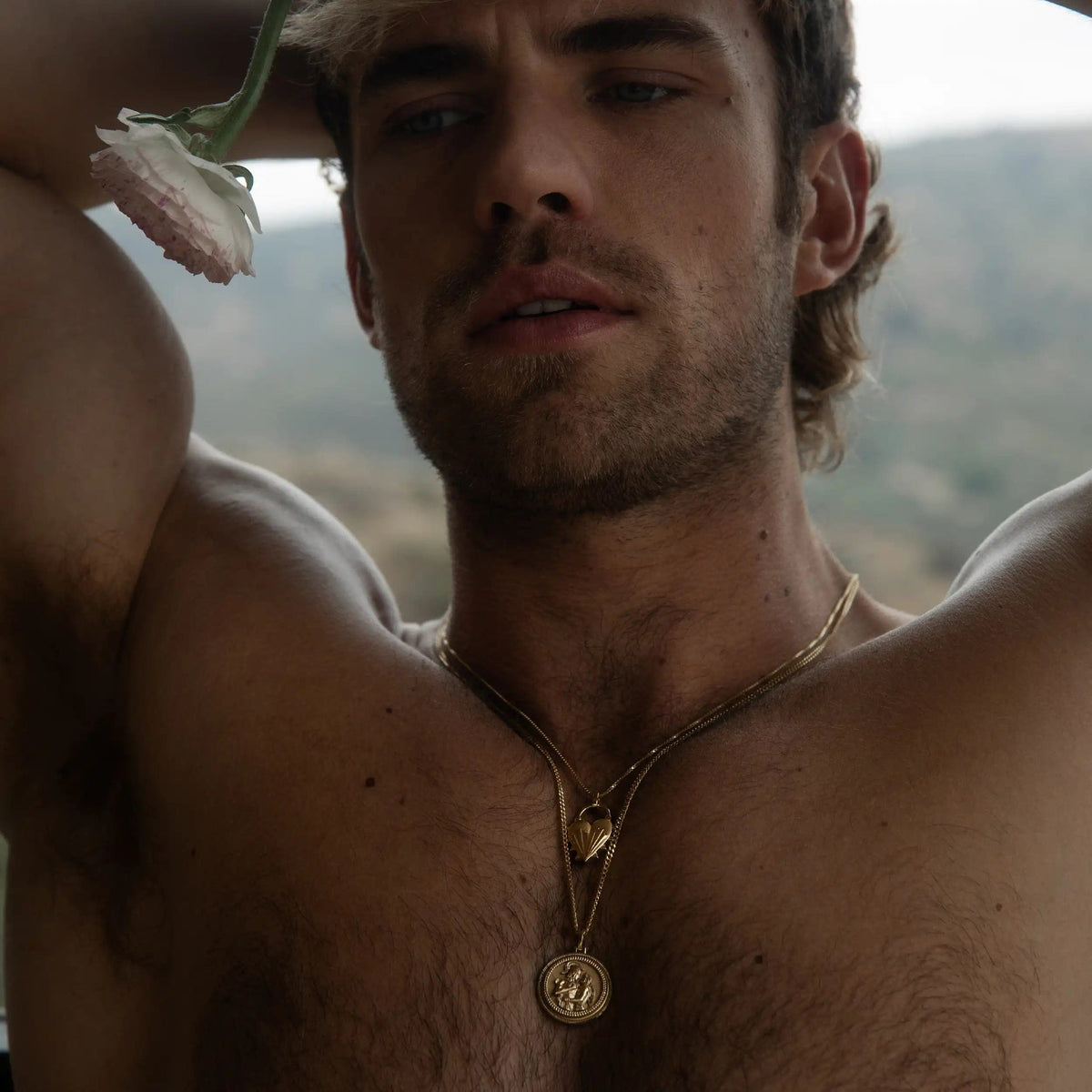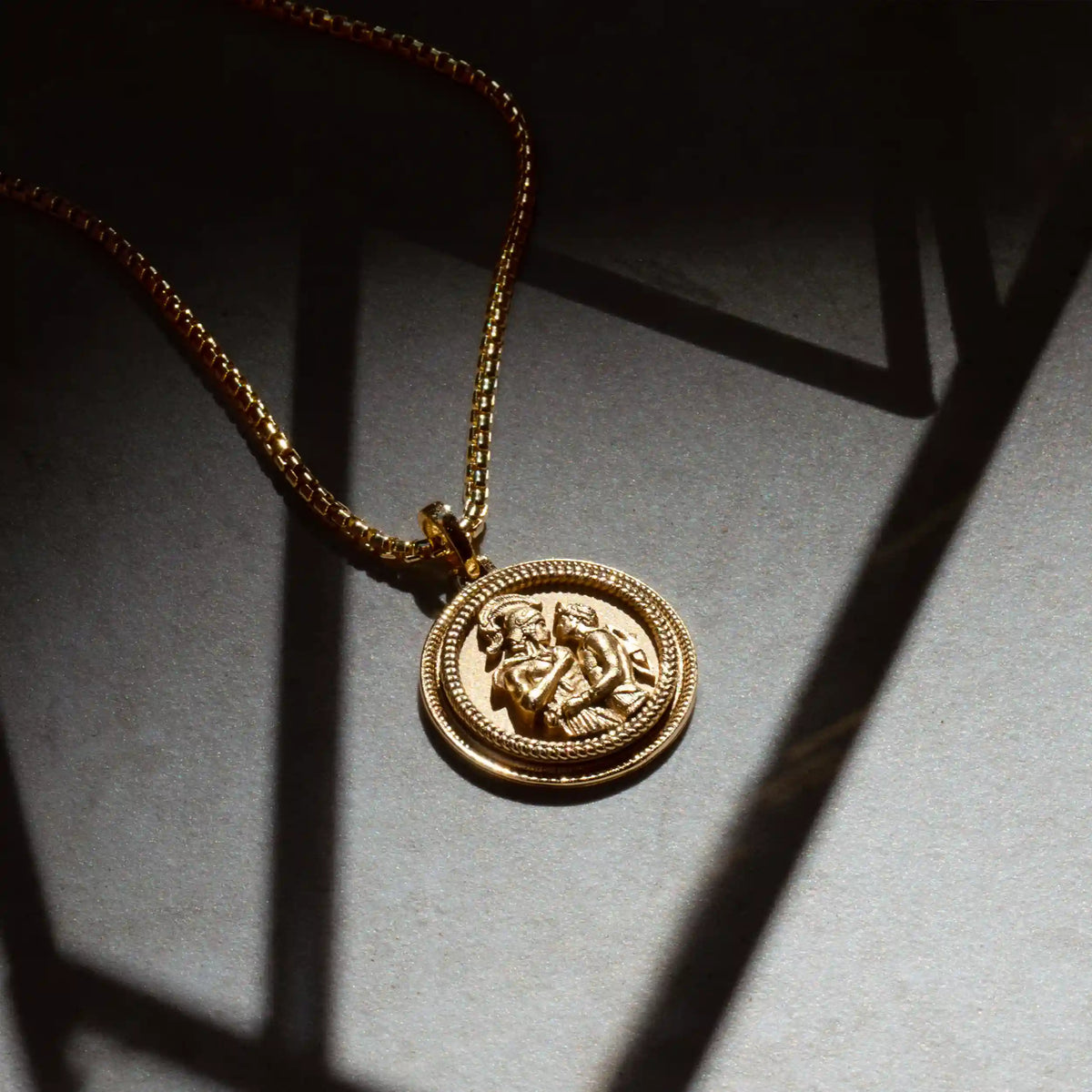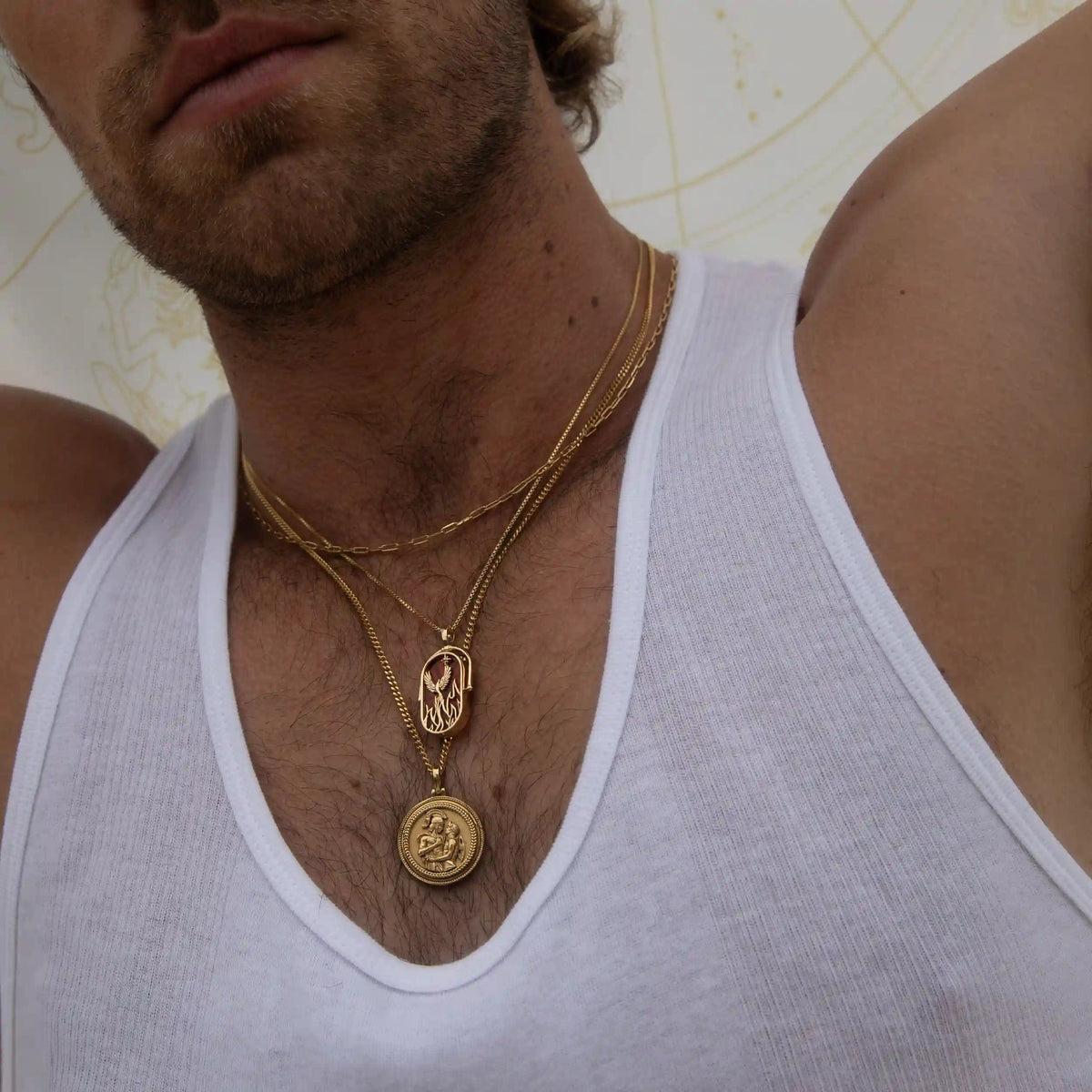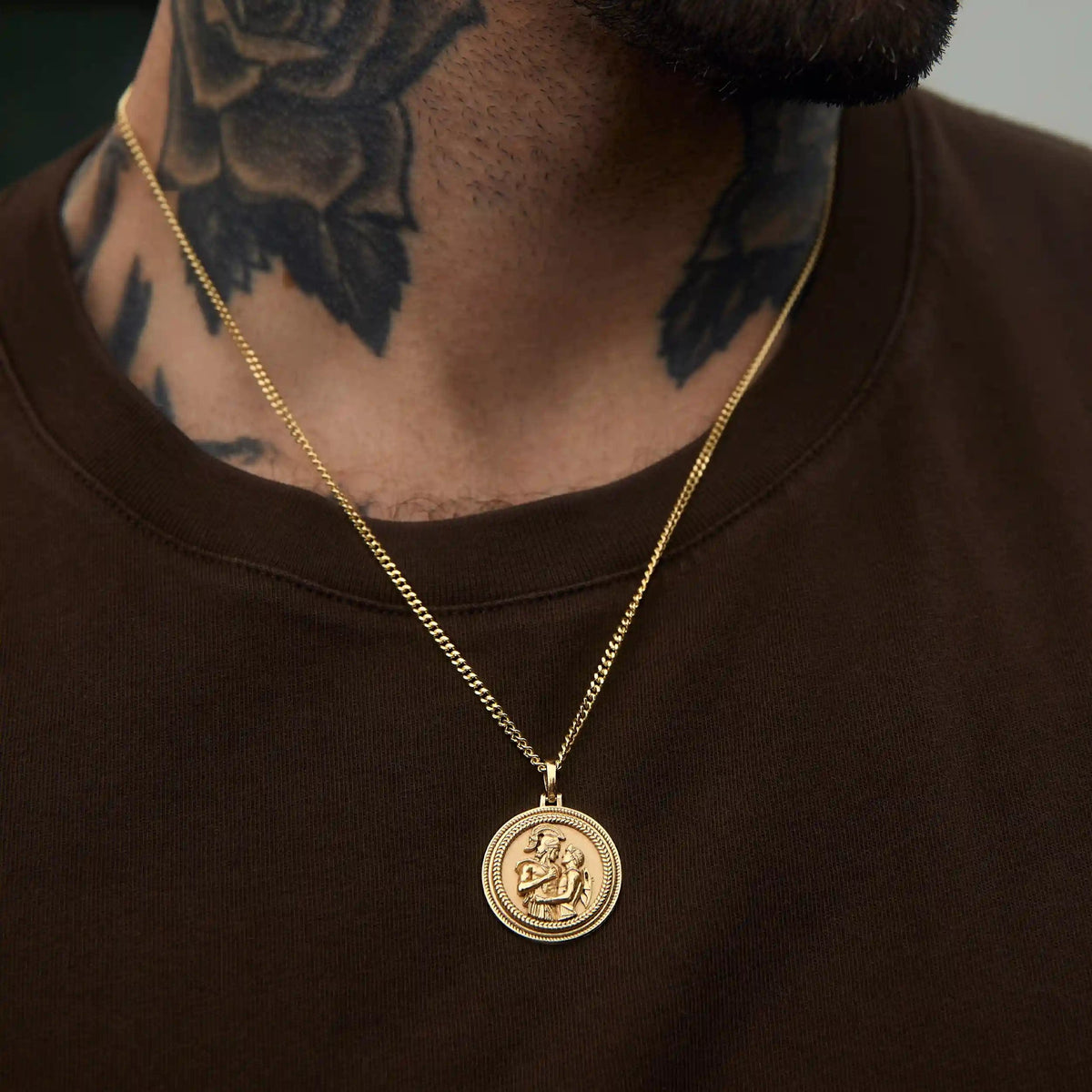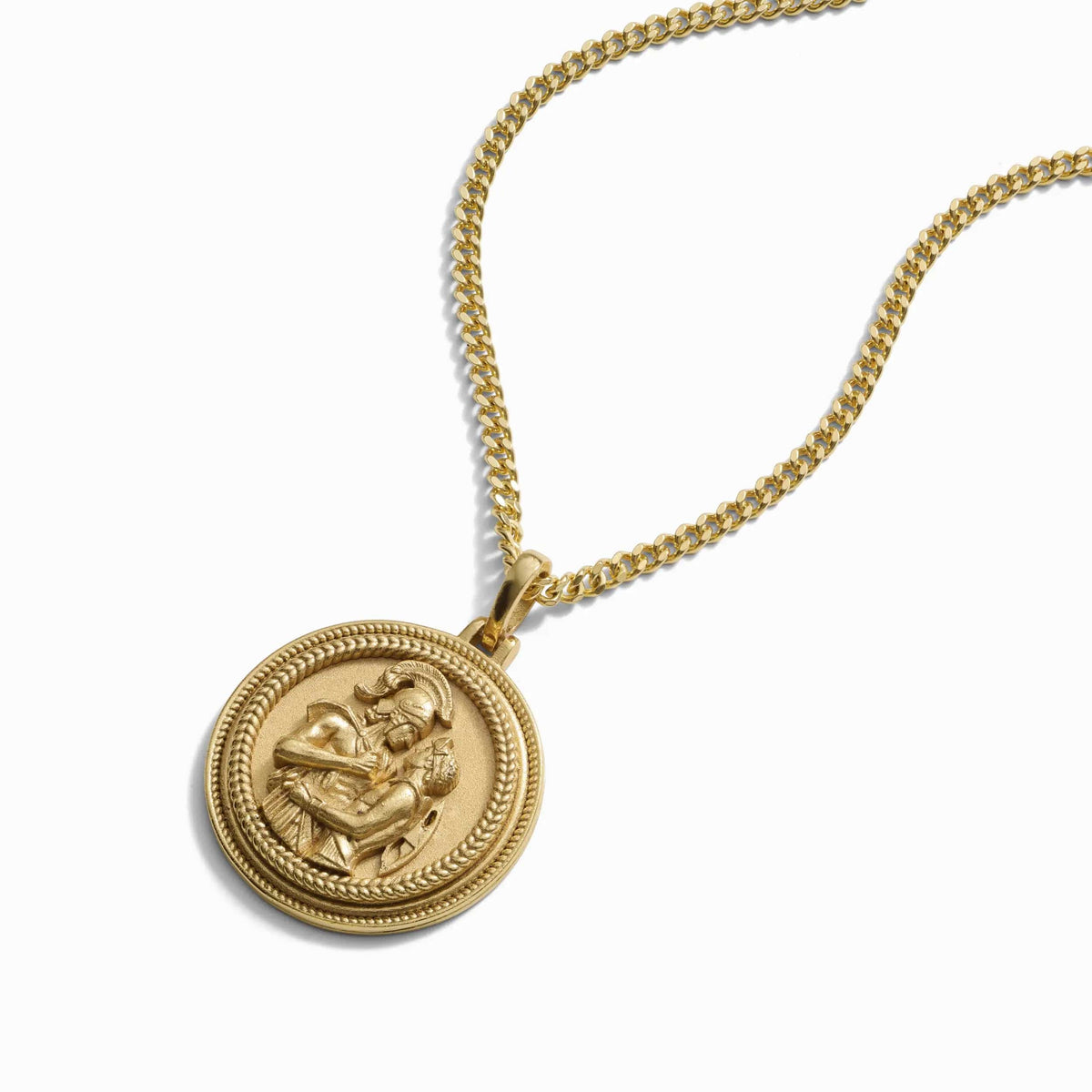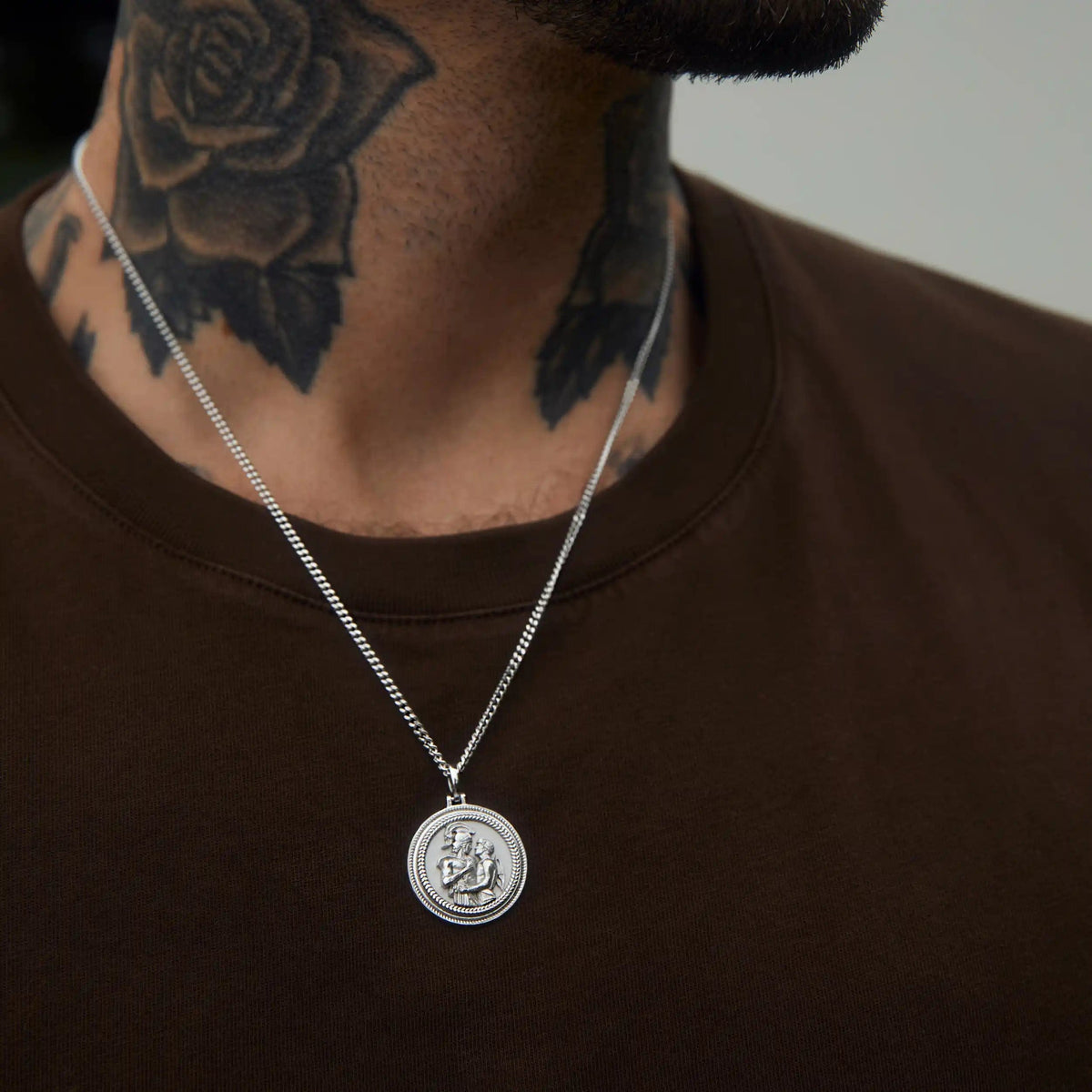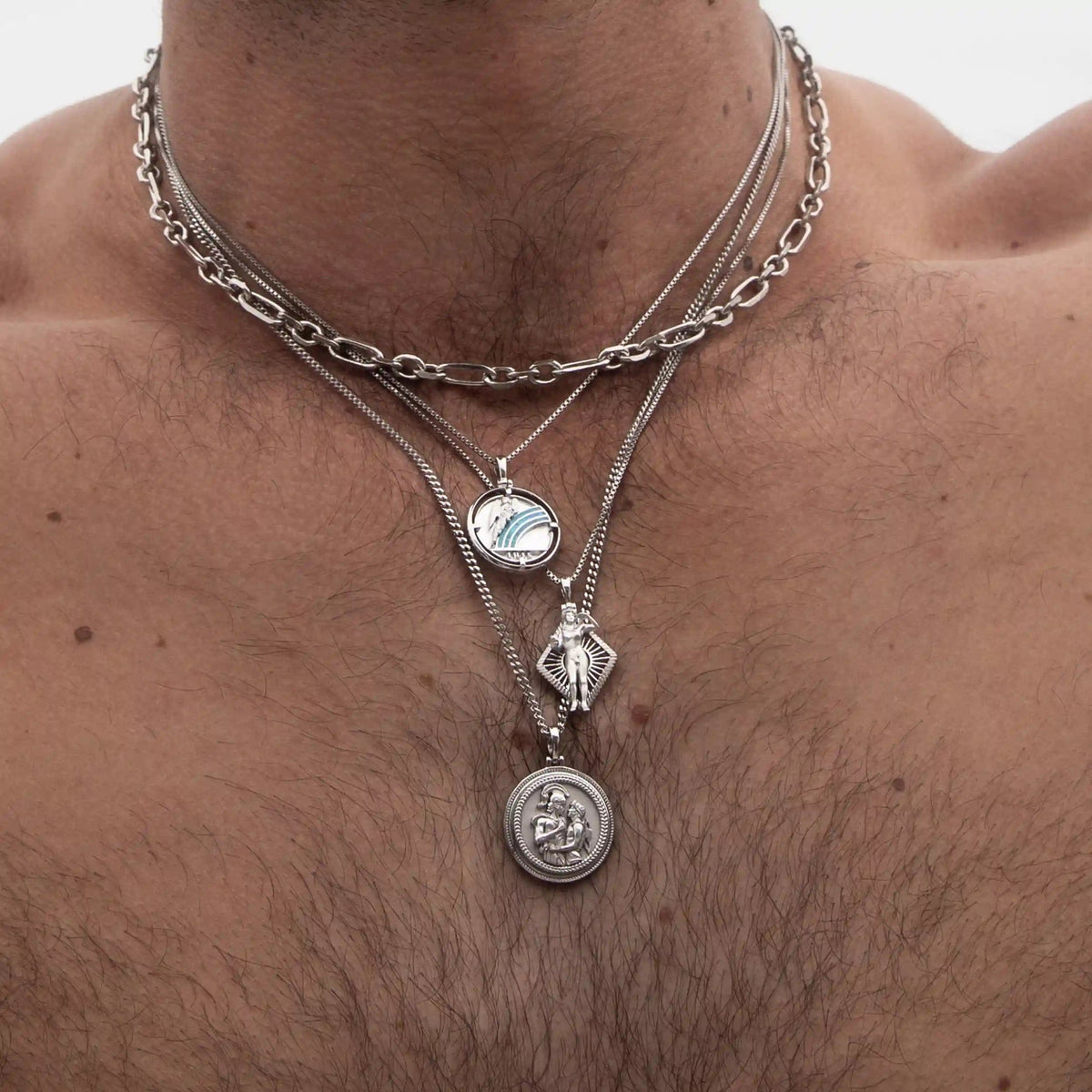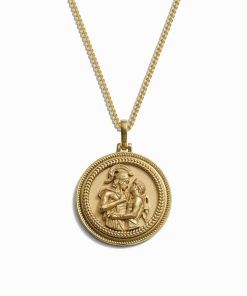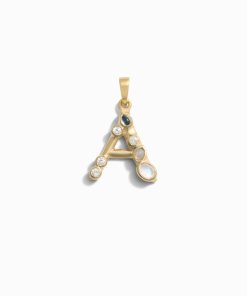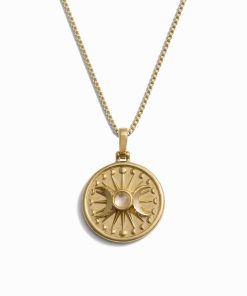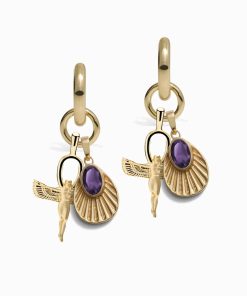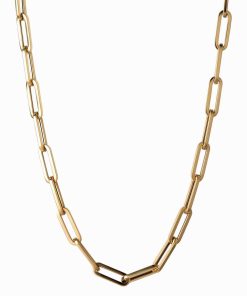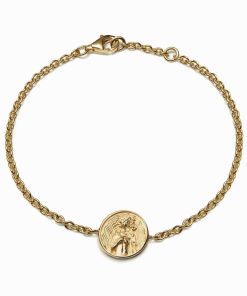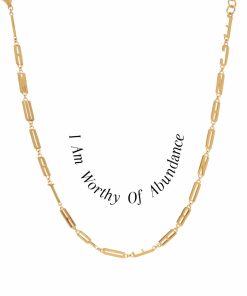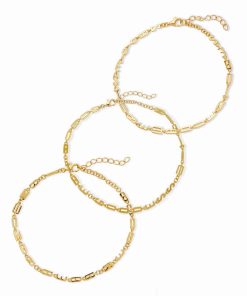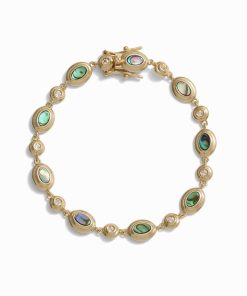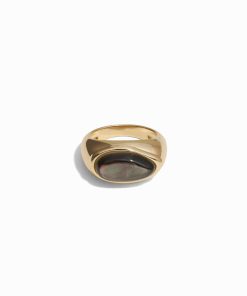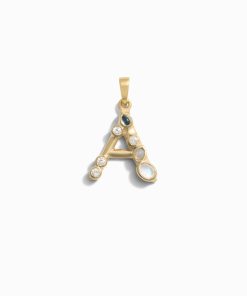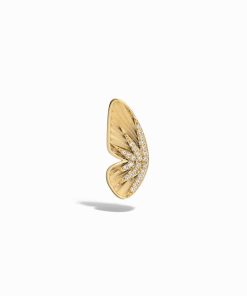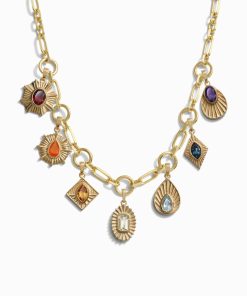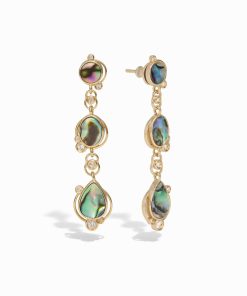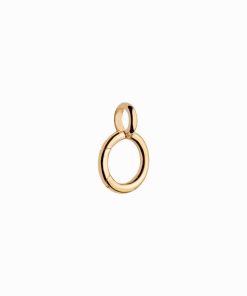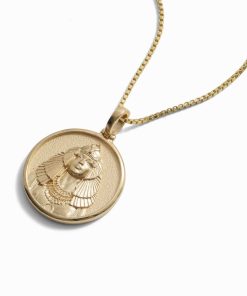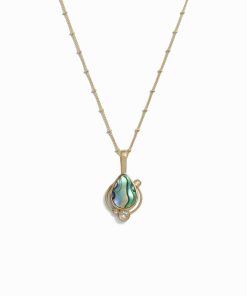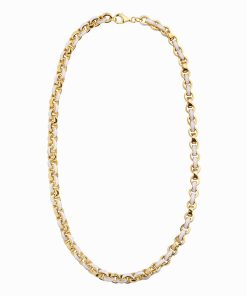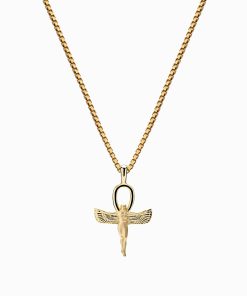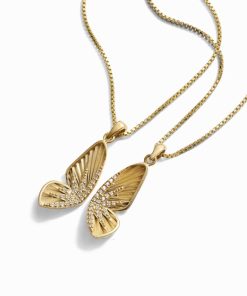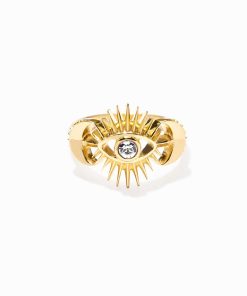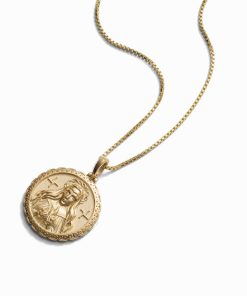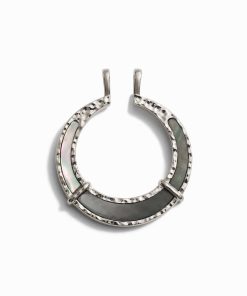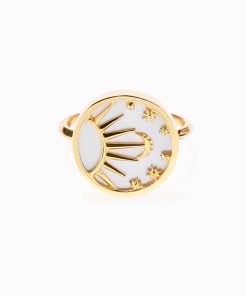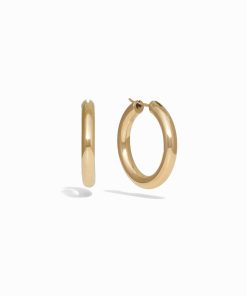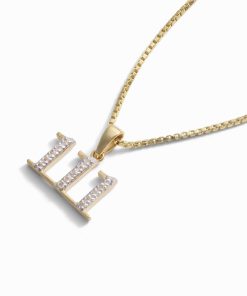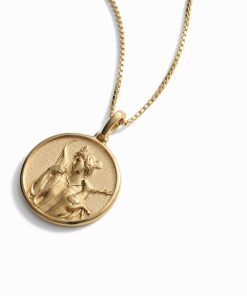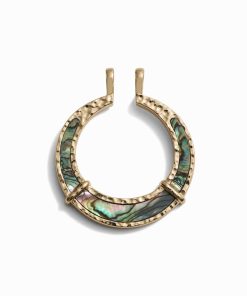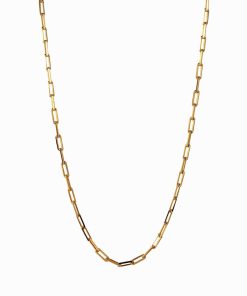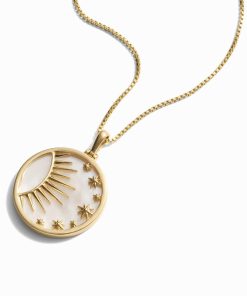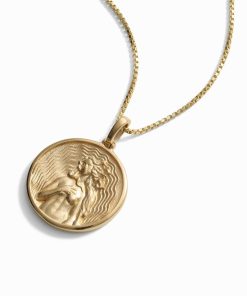Achilles + Patroclus Necklace Awe Inspired
$ 250,00 $ 100,00
One of the most iconic Greek heroes is a gay man with a profoundly moving, breathtakingly beautiful, dazzling and tragic love that bloomed in the ancient world and spilled across a battlefield, proving that the desire to be vulnerable & connect intimately is, and always has been, universal.
The pendant depicts tragic Greek lovers Achilles and Patroclus locked in a passionate gaze, a representation of love that transcends the boundaries of tradition, norms and even life itself. With a double raised border modeled after classic Greek laurel crowns, this old-world style coin is slightly larger than most Awe pendants. Bold and strong yet unquestionably tender, the Achilles pendant is a powerful symbol of unabashed queer love, created to inspire joy and shine light on a story that deserves representation.
This love story defies the bounds of death, reaching through the ages to touch us many centuries later. It begins with Achilles, young, glorious and searching for meaning. In Homer’s Iliad, an epic poem recounting the Trojan War, Achilles danced on the same stage as Athena, Aphrodite, Hera, Zeus, Helen of Troy and Odysseus. A Greek solider with little interest in war and politics, he only truly cared for his lover and companion, Patroclus.
After Patroclus was killed in battle, he was brought to Achilles, who cradled the body of his lover in his arms. His grief was so powerful that the soul of Patroclus felt his lover’s touch through the veil of death itself.
Returning to the battlefield with nothing but grief and wrath in his heart, Achilles avenged Patroclus, knowing it would cost his own life. After his own death, the lovers’ ashes were mixes in the same urn, so that the two souls would meet in the afterlife, united as one forever after.
“In the darkness, two shadows, reaching through the hopeless, heavy dusk. Their hands meet, and light spills in a flood like a hundred golden urns pouring out of the sun.” — Madeline Miller, The Song of Achilles
| Chain Length | 16"-18" Cuban Chain, 20"-22" Cuban Chain |
|---|---|
| Material | 14K Yellow Gold Vermeil, Sterling Silver |
Fast Shipping and Professional Packing
We offer a broad range of shipping options due to our long-standing partnerships with UPS, FedEx and DHL. Our warehouse staff is highly trained and will pack the goods according to our precise and exact specifications. Before shipping, all goods will be thoroughly examined and securely secured. We deliver to hundreds of thousands of customers every day in different countries. The fact that we are determined to become the largest online retailer in the world is evident. Warehouses and distribution centres can be located in Europe as well as the USA.
Note: Orders with more than one item will be assigned a separate processing time for each item.
Before shipment, all ordered items will be thoroughly examined. Most orders are now shipped within 48 hrs. Delivery is expected to take between 3 and seven days.
Returns
Stock is dynamic, and cannot be fully controlled by us because of the involvement of multiple parties including the factory and our warehouse. This means that the actual stock could alter at any time. It's possible that the stocks could be depleted after your order has been processed.
The policy is for 30 days. Unfortunately, if 30 days have passed from the date you purchased the item, we will not be able to provide a refund or exchange.
The item must not be in use and must be in the original packaging. You must have the item in the original packaging.
Related products
Pendants
Necklaces
Necklaces
Bracelets
Necklaces
Bracelets
Pendants
Earrings
Necklaces
Necklaces
Necklaces
Necklaces
Necklaces
Necklaces
Earrings
Necklaces
Necklaces
Pendants
Necklaces
Necklaces
